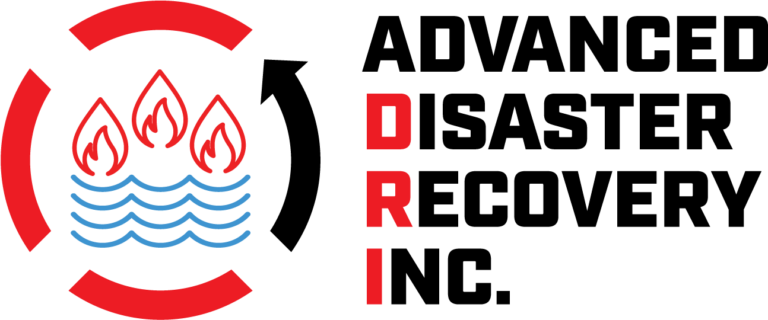Recovering After a Fire
How to Recover After a Fire Fire is one of the most destructive and violent events that can happen to you as a homeowner in Warwick. One minute you have a beautiful home where you and your family are safe from the outside world. Then in a blink of an eye, everything changes, what do […]
4 Common Smoke Damage Hazards
Smoke Damage Hazards After the immediate damage caused by a fire, the lingering smoke damage is one of the most damaging effects of a fire. Smoke damage can discolor your walls and carpet, make your home smell terrible, and cause you serious health problems. Below are some of the specifics of 4 of the most […]
6 Ways to Get Your Home Winter-Ready
Getting Your Home Winter-Ready Parts of the Midwest have already seen snowflakes flying this fall, and as we all know – Hudson Valley won’t be far behind! Before it gets too frigid and snowy, there are some things you can do to make sure your home is ready to withstand another winter and another potential […]
4 Fire Damage Myths Debunked
Fire Damage Myths and the Truth Behind Them Fire can cause catastrophic amounts of damage to your home or business, you may even call it the ultimate annihilator. Fire consumes almost everything in its path and what it doesn’t consume it damages. The path left behind fire usually consists of the charred, sooty, and oily […]
Fire Damage Prevention Tips
Tips for Preventing Fire Damage Fire can break out in residential homes at any time, on any day of the year, and with little warning. Just last month Gardnertown Magnet School was temporarily evacuated when a small electrical fire broke out I the basement. Luckily, local firefighters were able to stop the fire from spreading […]
Preventing Fire Damage from a Fireplace
Dealing with Fire Damage from a Fireplace Fireplaces and wood stoves are cozy and warm throughout the season. But in order to keep the air healthy and reduce the risk of fire, you need to be aware of how to safely operate them and the risks they pose. Dealing with a fire damaged home because […]
The Hidden Dangers of Smoke and Fire Damage
Smoke & Fire Damage Dangers Fire damage is one of the most violent and traumatic events when compared to all types of elemental-based disasters. Some of the damage is obvious just by looking, but there are, however, a few subtle (yet still potentially deadly) effects that fire damage can cause that are harder to recognize. […]
1 Thing that Will Help You Rebound from Fire Damage
How to Rebound from Fire Damage Fire is the one natural disaster that doesn’t discriminate. No matter where you live, fire is always a risk. We hope that you and your family won’t have to deal with fire and the resulting damage (or any other natural disaster), but if you do, it’s important to be […]
6 Steps to Smoke & Fire Damage Restoration
Steps to Smoke & Fire Damage Restoration If you’ve had a fire in your home, first let us tell you we’re sorry you’re going through that! Any fire, no matter the size, is traumatizing for those involved. Having an experienced restoration team on your side will help get you back on your feet sooner than […]
Fire and Smoke Damage in Goshen
Dealing with Fire & Smoke Damage in Goshen A small fire broke out in your kitchen and the fire department came racing to put it out. Your Goshen home is still standing and there doesn’t seem to be much damage on the outside. Good news! The fire didn’t destroy everything. Now for the bad news. […]

